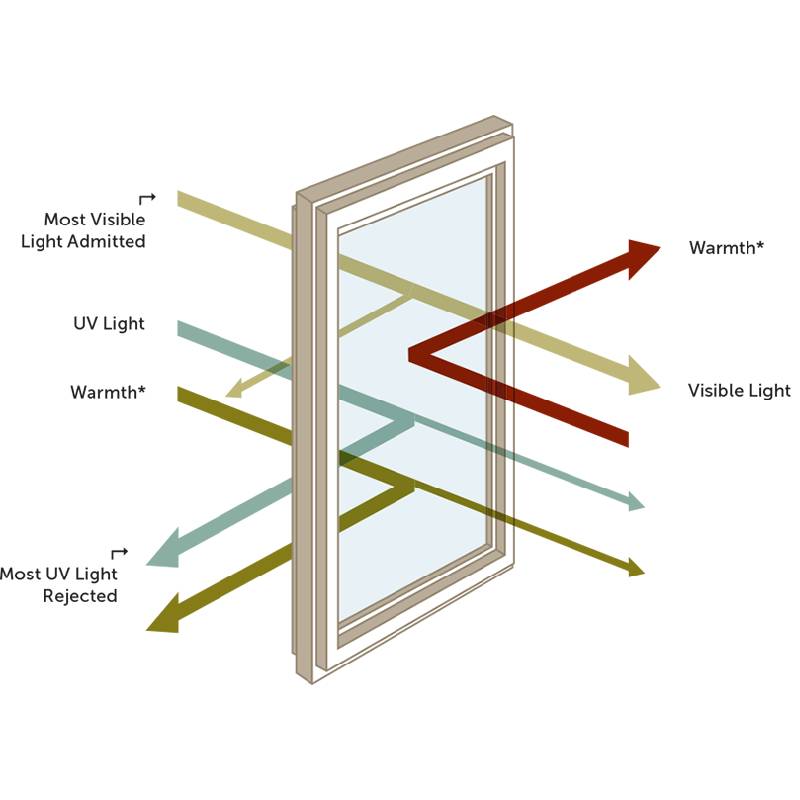

The Importance of Toughened Float Glass in Modern Applications
Toughened float glass, also known as tempered glass, is a remarkable material that has revolutionized the world of architecture and construction, as well as various other industries. Its unique properties stem from a specific manufacturing process that increases its strength, making it an essential choice for a diverse range of applications.
What is Toughened Float Glass?
Toughened float glass is produced by heating standard float glass to a temperature of about 620 degrees Celsius and then rapidly cooling it. This process, known as tempering, alters the glass’s internal structure, allowing it to withstand greater stresses and thermal changes compared to regular glass. The result is a product that is much stronger than its non-tempered counterpart, with the ability to resist impacts and withstand high levels of stress.
One of the most remarkable features of toughened float glass is its safety profile. When broken, it shatters into small, blunt pieces rather than sharp shards, minimizing the risk of injury. This quality makes it a preferred choice for environments where safety is paramount, such as in public buildings, vehicles, and residential areas.
Applications of Toughened Float Glass
1. Architecture and Construction The most prevalent application of toughened float glass is in building facades, windows, and glass doors. Its strength and aesthetic appeal make it ideal for creating sleek, modern designs. Moreover, it allows for larger panes of glass, enhancing natural light and creating a feeling of openness.
2. Automotive Industry The automotive sector relies heavily on toughened float glass for side and rear windows. The glass's ability to withstand impact during accidents significantly improves passenger safety. Additionally, its lightweight nature contributes to fuel efficiency.

3. Furniture Design Toughened float glass is often used in furniture, such as tables and shelving units. Its durability ensures that it can withstand the rigors of daily use while providing an elegant finish that complements modern interiors.
4. Interior Applications In interior design, toughened glass is used for shower enclosures, balustrades, and partition walls. Its robustness allows for transparent barriers that do not compromise safety, while aesthetic versatility offers various design possibilities.
Benefits of Toughened Float Glass
The benefits of toughened float glass extend beyond its physical properties. The material is also environmentally friendly, as it is fully recyclable. Furthermore, due to its ability to reduce heat gain and loss, toughened glass can contribute to energy efficiency in buildings. This can lead to lower heating and cooling costs, making it an energy-efficient option for sustainable construction practices.
The aesthetic appeal of toughened float glass cannot be overlooked either. Available in a variety of finishes and tints, it can be customized to fit any design theme. From sleek, clear glass to frosted options, the versatility of this material allows architects and designers to create stunning visual effects.
Conclusion
Toughened float glass is a versatile and indispensable material that plays a vital role in today's world, from enhancing safety standards in buildings and vehicles to offering aesthetic beauty in design. As technology continues to advance, the applications and benefits of toughened float glass are likely to expand even further, solidifying its place as a key component in modern construction and design. Whether it's in our homes, workplaces, or vehicles, toughened float glass provides a perfect combination of strength, safety, and style, making it an essential material for the future.